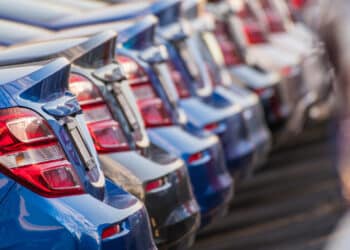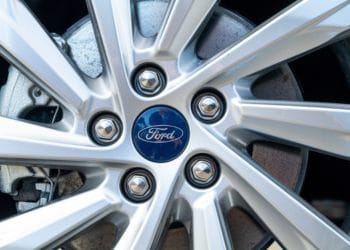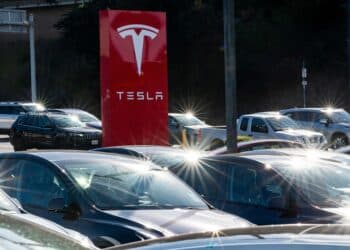Huntington Auto sees Q4 decline in dealer floorplan
COVID-19 continues to hamper vehicle manufacturing, leading to a decline in floorplan assets at Huntington Auto Finance. The bank’s U.S.-based vehicle floorplan outstandings declined 27.2% year over year to $1.7 billion in the fourth quarter, but clawed back from last quarter when outstandings stood at $1.6 billion, according to the recent earnings presentation. Inventory woes […]

Already subscribed? Log in
















